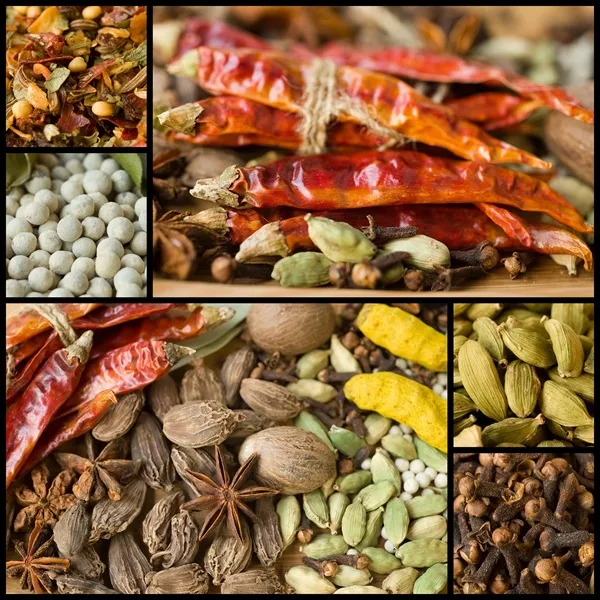Table of Contents
The Spice of Life: Exploring Indian Cuisine and Its Health Benefits
Indian cuisine is renowned for its rich and diverse flavors, vibrant colors, and aromatic spices. Beyond the sheer delight to the taste buds, the use of spices in Indian cooking brings a multitude of health benefits. From promoting digestion to providing potent antioxidants, the incorporation of various spices makes Indian food not only delicious but also a nourishing choice for overall well-being.
- Turmeric - The Golden Spice:
One of the stars in Indian cooking is turmeric, a golden-hued spice celebrated for its medicinal properties. Curcumin, the active compound in turmeric, boasts powerful anti-inflammatory and antioxidant effects. Studies suggest that regular consumption of turmeric may contribute to reduced inflammation, improved joint health, and enhanced cognitive function.
- Cumin - A Digestive Dynamo:
Cumin, commonly used in Indian spice blends, is a digestive dynamo. It aids digestion by stimulating the production of digestive enzymes, helping alleviate indigestion and bloating. Additionally, cumin is rich in iron, promoting healthy blood circulation and preventing iron deficiency anemia.
- Cardamom - A Breath of Fresh Air:
This fragrant spice is a staple in Indian desserts and savory dishes alike. Cardamom is known for its antimicrobial properties and can freshen breath. It also aids in digestion and helps alleviate symptoms of gastrointestinal disorders. Its natural diuretic properties contribute to detoxification, promoting kidney health.
- Ginger and Garlic - Dynamic Duo for Immunity:
Ginger and garlic, frequently used in Indian cooking, are a dynamic duo for immune support. Both spices possess antimicrobial and anti-inflammatory properties, aiding in the prevention of infections. Ginger is particularly known for its ability to soothe nausea, while garlic supports cardiovascular health and may help lower cholesterol levels.
- Fenugreek - Blood Sugar Balancer:
Widely used in Indian cuisine, fenugreek is known for its potential to regulate blood sugar levels. Studies suggest that fenugreek seeds may improve insulin sensitivity, making it a valuable spice for individuals with diabetes. Additionally, fenugreek is rich in soluble fiber, which aids in digestion and helps maintain a healthy weight.
- Coriander - Rich in Antioxidants:
Coriander, with its citrusy and slightly sweet flavor, is a key player in Indian spice blends. The herb is a rich source of antioxidants, which help combat oxidative stress in the body. Coriander may contribute to heart health by reducing cholesterol levels and supporting healthy blood pressure.
Conclusion:
Indian cuisine, with its diverse array of spices, not only delights the senses but also offers a plethora of health benefits. From the anti-inflammatory effects of turmeric to the digestive prowess of cumin and the immune-boosting properties of ginger and garlic, each spice plays a vital role in promoting overall well-being. Embracing the flavors of Indian cooking not only adds excitement to your plate but may also contribute to a healthier and more vibrant life. So, spice up your meals and savor the health benefits of this culinary journey through the world of Indian spices.









